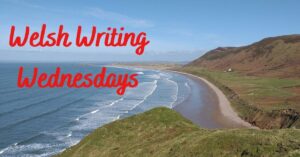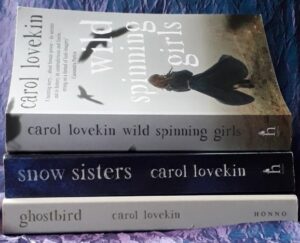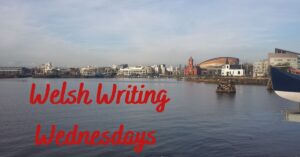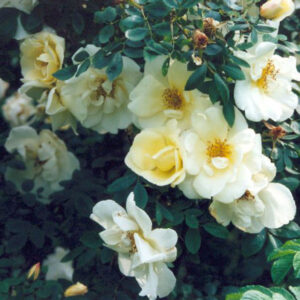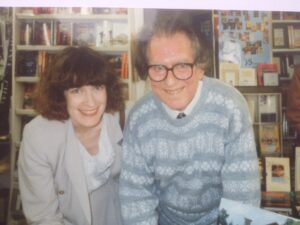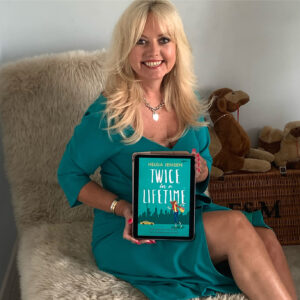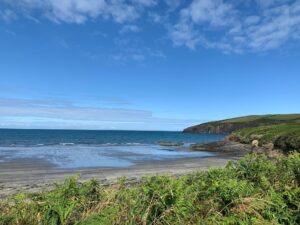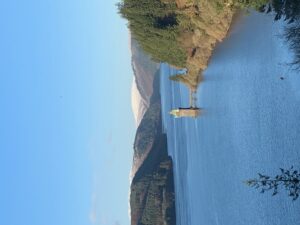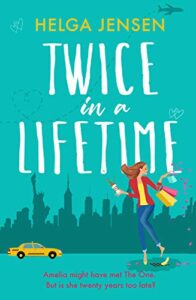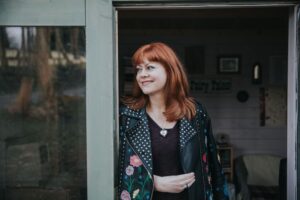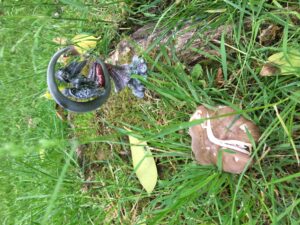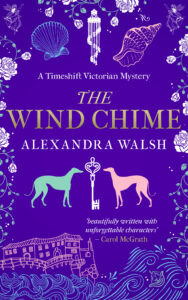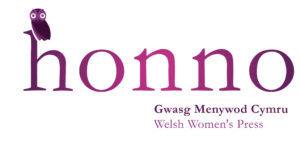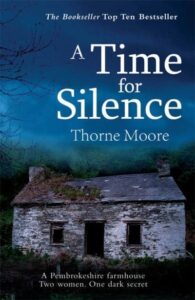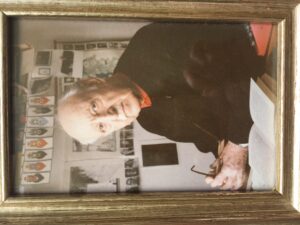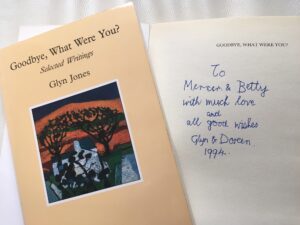I first met author, Carol Lovekin at Tenby Book Fair in 2015. We’d been following each other on Twitter and it was so good to meet in person. It was just six months before her wonderful debut novel, Ghostbird, was published by Honno, the Welsh Women’s Press. A feminist writer based in west Wales, Carol writes contemporary fiction exploring family relationships and secrets, but for me it’s the fact that her writing is interwoven with myth, fairytale, ghosts, and mystery that makes her novels so special.
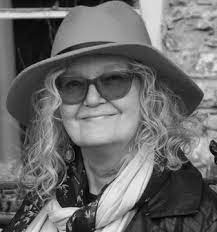 ‘My stories touch on the Welsh Gothic & its most powerful motif: the ghost. They concern the nature of magic & how it threads through the fabric of our lives. I explore possibilities: the fine line between the everyday & the time-shifting world of enchantment. My books are also firmly rooted in reality. I write about family relationships: how people, women in particular, respond to loss & how they survive. I set my stories in Wales, where I’ve lived for several decades: a place whose legends & landscapes inform my writing.’
‘My stories touch on the Welsh Gothic & its most powerful motif: the ghost. They concern the nature of magic & how it threads through the fabric of our lives. I explore possibilities: the fine line between the everyday & the time-shifting world of enchantment. My books are also firmly rooted in reality. I write about family relationships: how people, women in particular, respond to loss & how they survive. I set my stories in Wales, where I’ve lived for several decades: a place whose legends & landscapes inform my writing.’
Carol’s own words sum up the very essence of her writing. When reading her novels, there is no doubt as to where they are set and she takes you into the innermost thoughts of her characters. I love the poetic nature of the prose and its figurative language that does not in any way detract from the plot and pace of the novels.
Carol’s next novel will be published by Honno in 2022. Entitled Only May, she describes it as her ‘lockdown novel’ when she said writing kept her sane. ‘With no distractions, I listened for the word birds, cracked on and wrote it.’ It’s written in the first person present and involves a girl who could tell when people lied to her. If, when they looked her directly in the eye and told lies, she knew.
‘I’m the girl who sees beyond the glint in your eye, around your over-confidence and through to the truth and I can hear the earth hum, the way the bees do. Ever since I was a tiny baby and they started talking to me, it’s seemed rude not to take notice.
Bees don’t lie.’
Ghostbird (2016)
Described as ‘Charming, quirky, magical’ ~ Joanne Harris, the book was chosen as Waterstones Wales and Welsh Independent Bookshops ‘Book Of The Month’ for April 2016. It was longlisted for the Guardian ‘Not the Booker’ prize 2016 and nominated for the Guardian Readers’ Book of the Year 2016.
Snowsisters (2017)
Author, Louise Beech, said of this novel, ‘Lovekin’s words soar like the birds, who see everything’. It was selected by Books Council of Wales as their October 2017 Book of the Month.
Wild Spinning Girls (2020)
‘A timeless tale of grief and belonging… haunting and hopeful.’ ~ Mags Phelan Stones. This third novel was selected as Books Council of Wales Book Of The Month for March 2020 and was shortlisted for Literature Wales Book of the Year/ Rhys Davies Fiction Award 2021. This was a huge accolade for not only for Carol and her fellow Honno author, Judith Barrow who was also shortlisted alongside her but for Honno itself. Congratulations!

